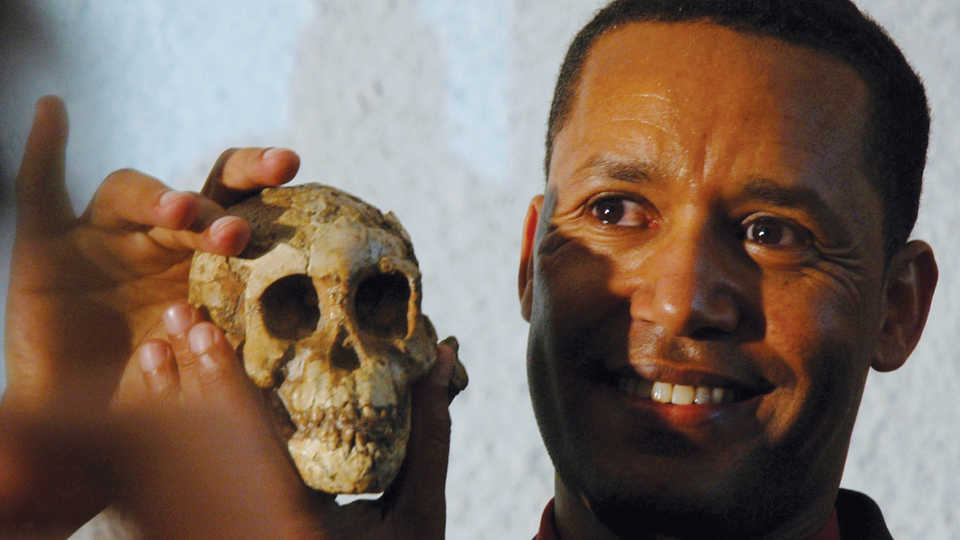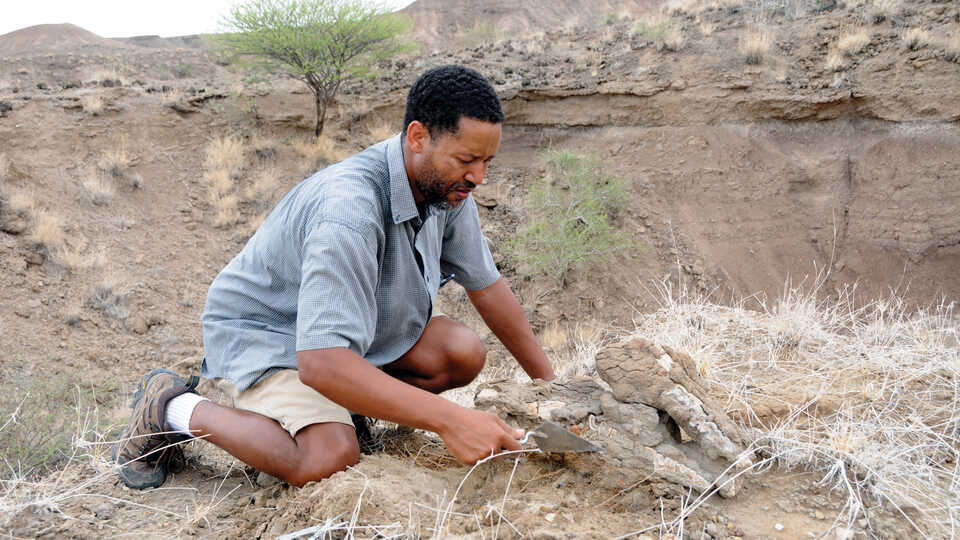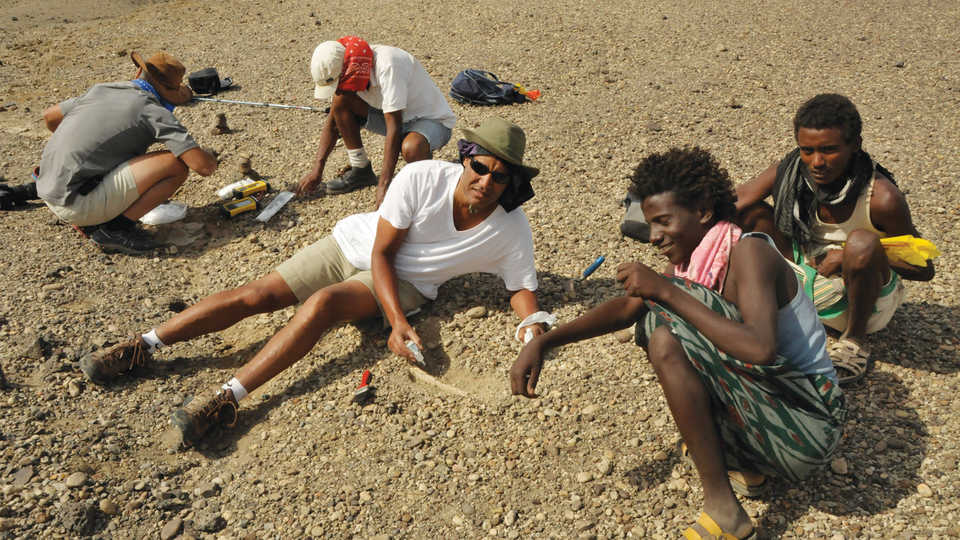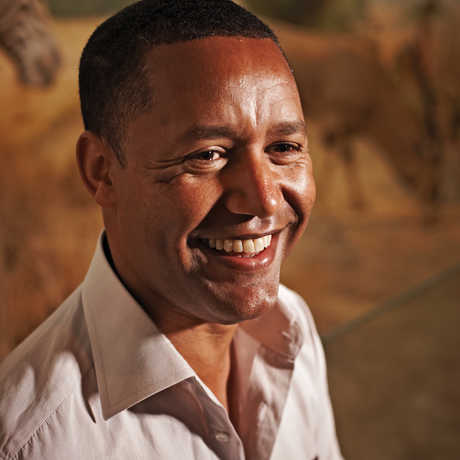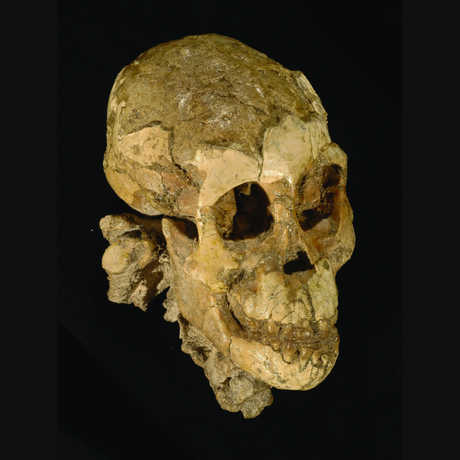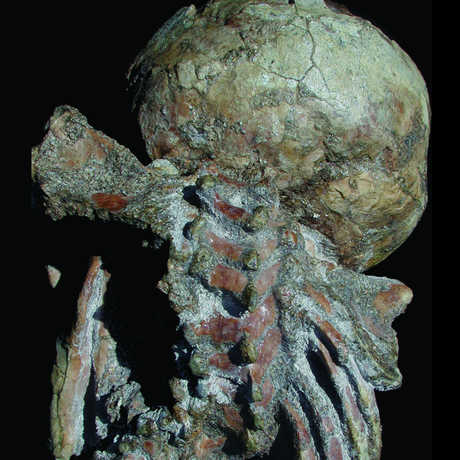Paleoanthropologist Zeray Alemseged is on a never-ending search for the roots of humanity. While exploring his home country of Ethiopia, Alemseged and his team discovered “Selam,” a remarkably complete fossilized skeleton of a 3.3 million-year old Australopithecus afarensis child. Selam provides a wealth of information about our early hominin ancestors—what they looked like, how they aged and behaved—clues Alemseged says are critical to tracing the evolutionary path followed by humanity and deciphering the forces responsible for making modern humans who we are today.
“Time and time again, the fossil record reminds us that we are part of an ever-changing world,” says Alemseged. “My work explores the dynamic between changing environmental landscapes and changes in our own species. As we change the planet at a never-before-seen pace, we’re not simply altering global biodiversity—we are sparking changes in our own biology. Studying our ancestors allows us to reflect upon who we are today, how we got here, and how we impact our non-human relatives.
